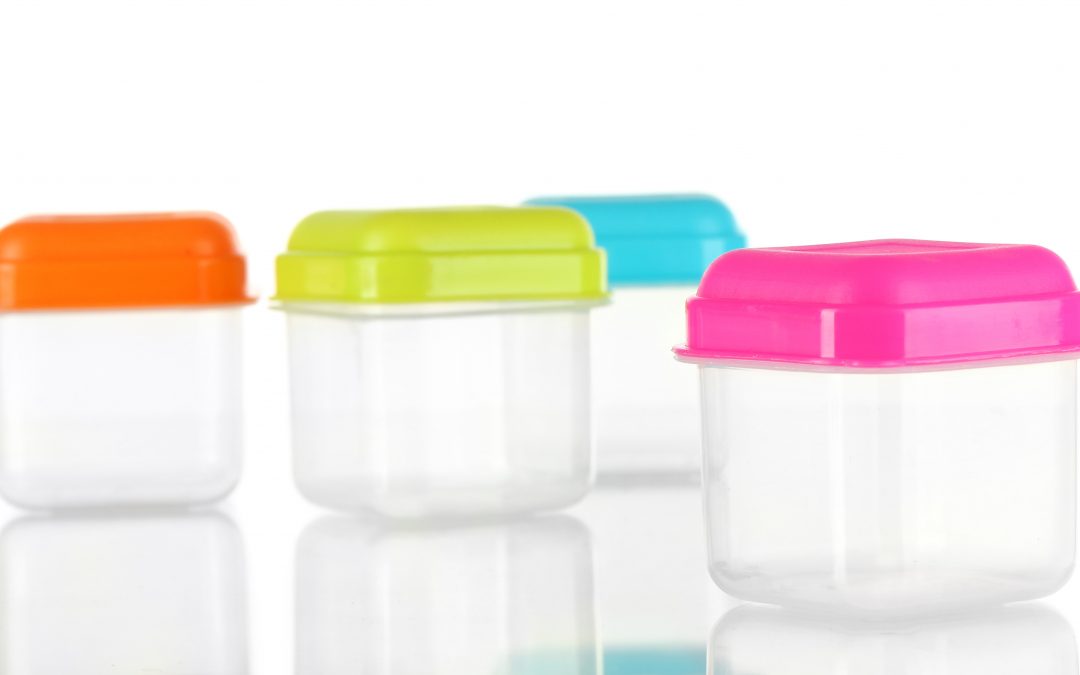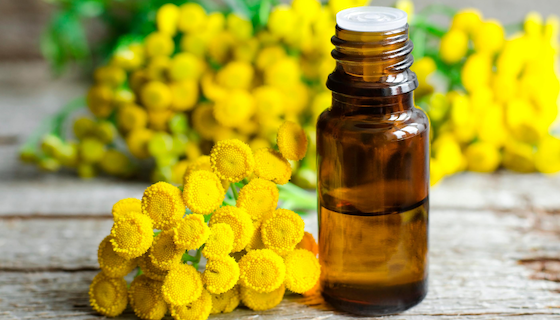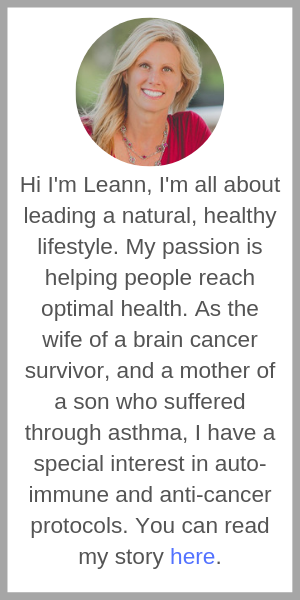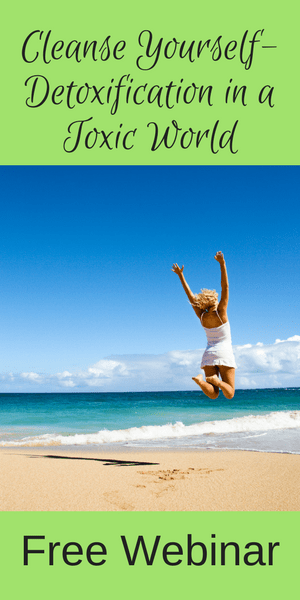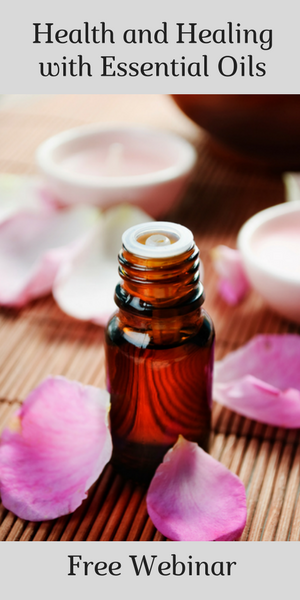Learn What the Plastic Resin ID Codes Mean
We know that plastic containers are convenient, but they aren’t necessarily good for your health. In fact, studies show plastic may leach into food a cause a whole host of health issues. Some scientists believe some plastics can cause cancer, interfere with immunity and even cause learning and behavior issues in children.
The numbers on the bottom of plastic containers (in the triangle) are resin ID codes intended to help you sort plastics for recycling. You can also use them to determine if it’s safe for your family.
Here is what the numbers mean:
#7 Bisphenol A: Avoid
Also known as BPA and labeled as #7. This plastic disrupts hormones and mimics the effects of estrogen. Mice exposed to this chemical have experienced miscarriages, birth defects, and mental retardation. It is also linked to early puberty, breast and prostate cancer, and reduced sperm count. Used in water bottles and the lining of canned goods.
#6 Polystyrene: Avoid
Styrofoam is made from this potentially hazardous chemical. This is considered a possible carcinogen and may leach into food when it comes in contact with it. Studies show that it can damage the liver, kidneys, lungs, and brain when it’s ingested over several weeks.
#5 Polypropylene: Proceed with caution
Polypropylene is a chemical widely used in a variety of food containers, including yogurt tubs. In 2008, researchers discovered two highly reactive chemicals leached from polypropylene. This is disturbing because we don’t know if this poses a problem with our health, as more studies are needed. I would recommend limiting your #5 plastics.
#4 Low-Density Polyethylene (LDPE): Safe
You will find this in wrapping films and grocery bags.
#3 Phthalates: Avoid
Many plastic wrapped foods are wrapped in polyvinyl chloride (PVC), often labeled as #3. These chemicals can leach out of the PVC into food. Studies show that they may cause birth defects, fetal death, and damage to the liver, kidneys, lungs, and reproductive systems.
#2 Polyethylene Terephthalate (PET or PETE): Safe
You will find this plastic in soft drink and some water bottles.
#1 High-Density Polyethylene (HDPE): Safe
You will find this plastic in milk and some water bottles.
Have you ever checked the plastic containers in your home? Will you now? Share with me in the comments below!
 Login
Login